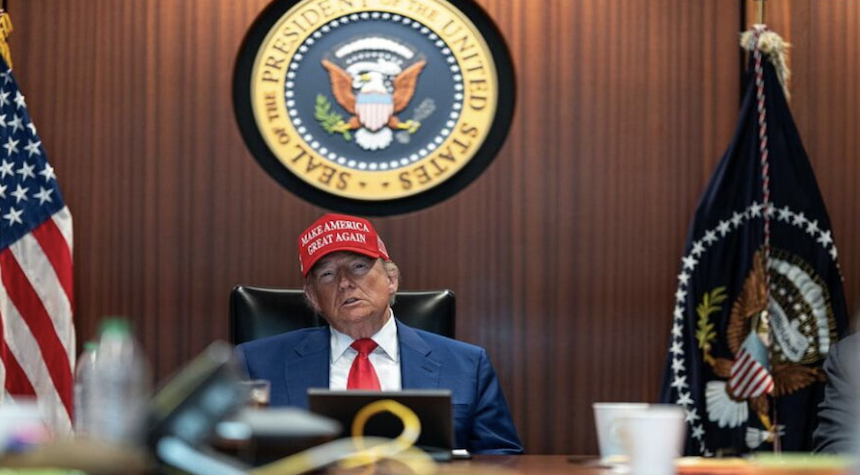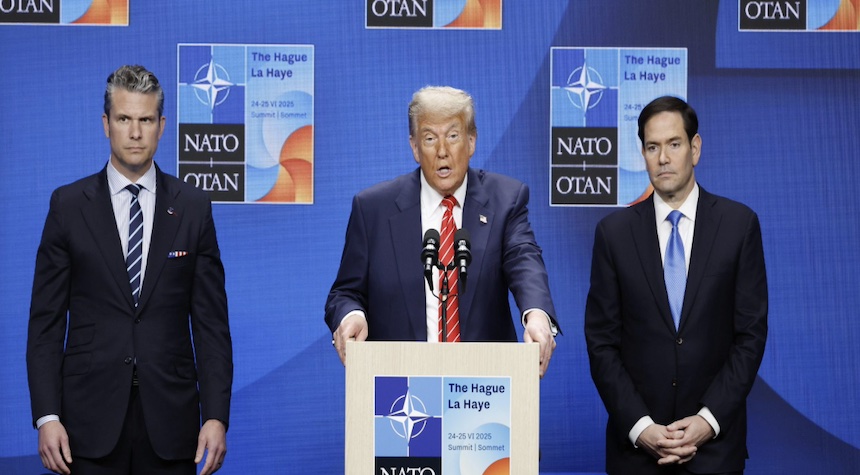President Donald Trump has made a series of statements regarding Iran, its nuclear program, and recent military actions in the region. These comments come in the wake of a 12-day bombing campaign by Israel against Iran, which has resulted in significant casualties and heightened international tensions.
President Trump claims to have prevented the assassination of Iran’s Supreme Leader, Ayatollah Ali Khamenei, during his presidency. The former president states he withheld authorization for such an action by either Israel or U.S. forces. Mr. Trump expressed disappointment at what he perceives as ingratitude from the Iranian leader.
Trump has indicated that he would support further military action against Iran if intelligence suggests the country is enriching uranium to weapons-grade levels. The significance of these statements should not be overlooked, as they could impact ongoing diplomatic efforts and regional stability.

The former president mentioned he had been working on potential sanctions relief for Iran. However, he states this work has now ceased due to recent statements from the Iranian leadership. This development follows earlier reports that suggested possible renewed negotiations between the United States and Iran.
Iran is preparing for a state funeral for 60 nuclear scientists and military commanders reportedly killed in the recent Israeli bombing campaign. Iranian officials claim a total of at least 627 civilians were killed during these attacks. The International Atomic Energy Agency has requested access to bombed facilities, but Iran has denied this request, citing concerns over potential “malign intent.”
While Trump asserts that Iran was “beat to hell” in the recent conflict, Ayatollah Khamenei has claimed victory over Israel and vowed not to yield to U.S. pressure. These conflicting narratives raise important questions about the actual impact of the military actions and the potential for future diplomatic engagement.


